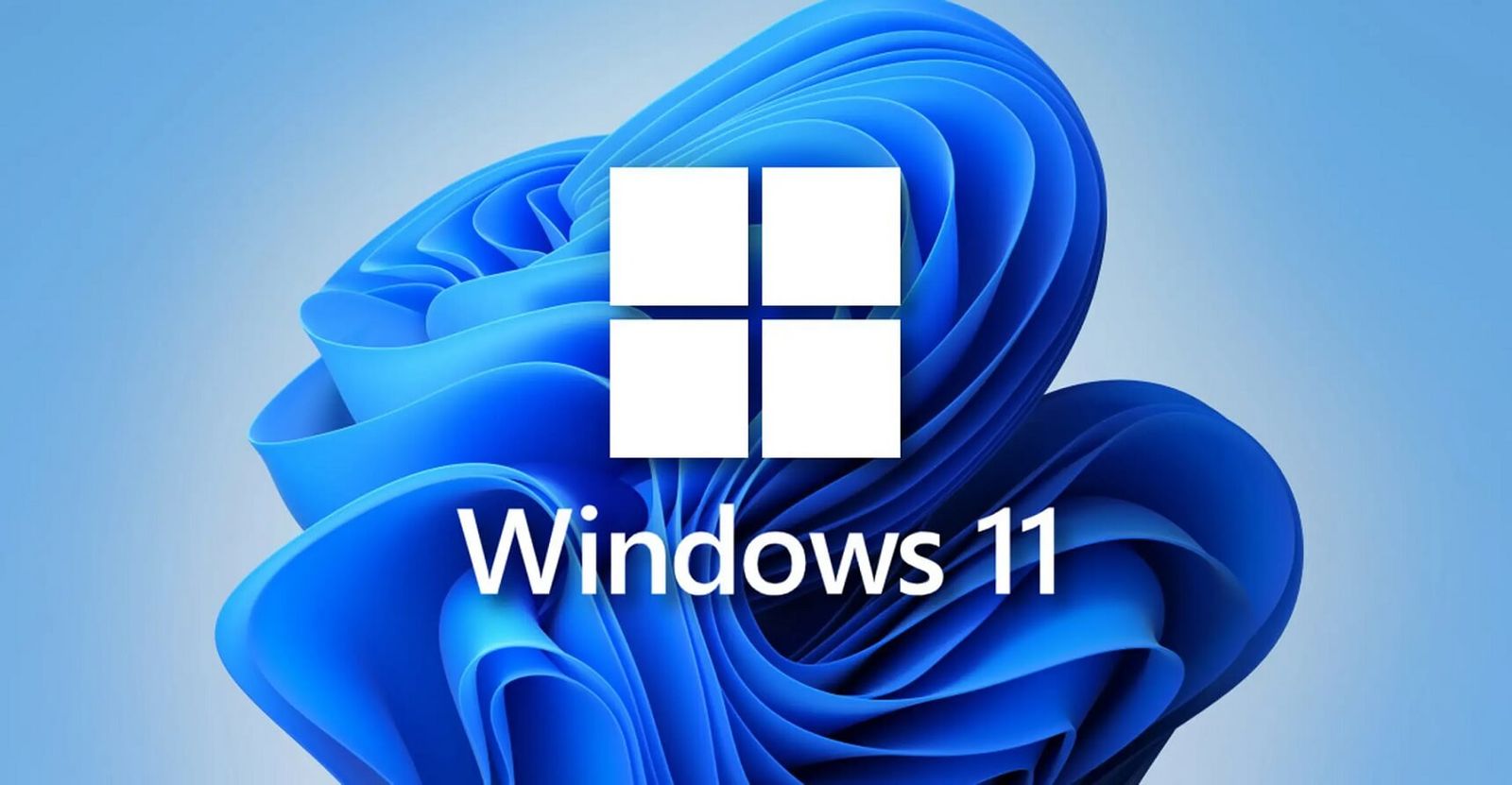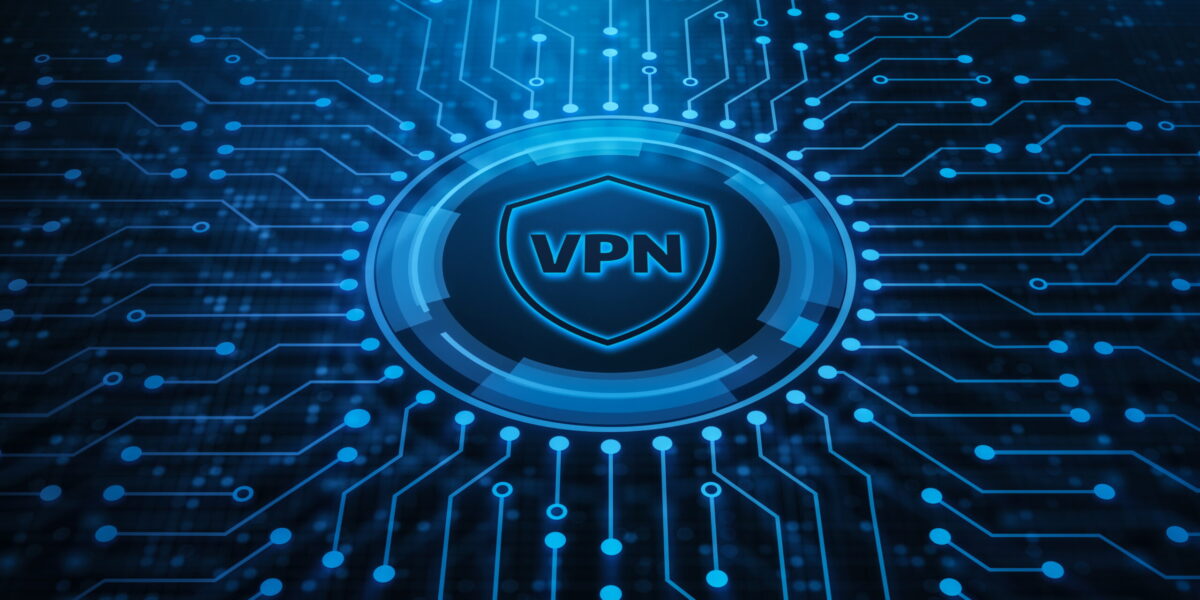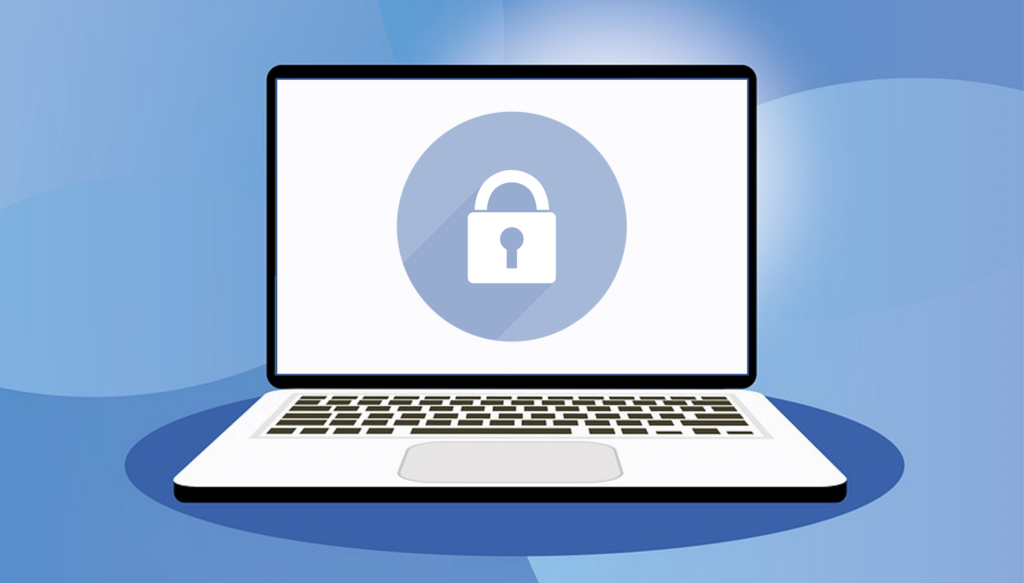Microsoft has officially set the end-of-support date for Windows 10: October 14, 2025. After this date, Windows 10 devices will no longer receive critical security patches, bug fixes, or feature updates. For businesses, this is more than just a technical deadline—it’s a major risk factor for operations, security, and compliance.
Why the Upgrade Is Critical
1. Security Risks of Staying on Windows 10
- No security updates: After support ends, vulnerabilities discovered in Windows 10 will remain unpatched, leaving systems exposed.
- Increased cyberattack risk: Hackers often target unsupported systems because they know businesses are slower to replace them.
- Compliance issues: Many industries (legal, financial, healthcare, nonprofit) require systems to be supported and patched. Running Windows 10 after 2025 may put you out of compliance.
2. The Real Cost of a Breach
Cyber incidents are not just “IT problems”—they are business crises. According to IBM’s Cost of a Data Breach Report 2024, the average breach costs $4.88 million globally. For small and midsized businesses, even a six-figure loss can be devastating.
- Exploits are permanent: Once Microsoft stops patching vulnerabilities, attackers will have an ever-growing list of ways to infiltrate your systems.
- Downtime adds up fast: Even a single ransomware attack can halt operations for days or weeks.
- Legal & compliance penalties: In regulated industries, breaches involving unsupported systems can trigger fines and penalties.
- Reputation damage: Clients and partners expect you to safeguard their data. A publicized breach can result in lost contracts and long-term brand damage.
- Insurance denial: Cyber insurance carriers increasingly require supported operating systems. If a breach is tied to Windows 10 after October 2025, your claim could be denied.
3. Operational Impact of Outdated Systems
Even without a breach, outdated systems disrupt daily business:
- Software breakdowns: Key applications will stop releasing updates for Windows 10, leading to glitches and outages.
- Vendor support gaps: If you call a software vendor for help, they may simply say, “We can’t support Windows 10 anymore.”
- Employee frustration: Slow, unreliable computers drain productivity and morale. Even 10 minutes of wasted time per day scales to hundreds of hours lost annually per employee.
- Unplanned replacement costs: A failure in 2026 could force you into emergency purchases and costly downtime.
What About Microsoft’s 1-Year Extended Security Updates?
Microsoft is offering businesses the option to purchase Extended Security Updates (ESU) for Windows 10 after October 2025. But this is a short-term, costly band-aid—not a solution.
- High recurring cost: ESUs are subscription-based per device and increase in price each year.
- No new features: They provide only critical security patches, not new functionality or compatibility updates.
- Temporary fix: At best, ESUs buy you until October 2026. By then, your hardware will be even older and more prone to failure.
- Hardware lifecycle risk: Many ESU-eligible systems are already 5+ years old—well past their prime.
Why It’s Better to Upgrade Now
- One-time investment vs. ongoing fees: New Windows 11–ready hardware is a 4–6 year investment, not a recurring annual patch fee.
- Improved performance & productivity: Modern devices run faster, integrate better with Microsoft 365, and create a smoother employee experience.
- Future-proof security: Windows 11 includes hardware-based protections (TPM 2.0, Secure Boot, memory integrity) that Windows 10 simply cannot match.
- Insurance & compliance readiness: Upgrading now ensures your business meets requirements from insurers, regulators, and auditors without question.
Bottom Line
Extended Security Updates are only worth considering in rare cases, such as when a mission-critical application isn’t compatible with Windows 11 or if there’s a temporary budget gap.
For everyone else, ESUs simply delay the inevitable at higher cost and risk. The smarter move is to start planning your Windows 11 upgrades and hardware refreshes now, before deadlines, insurance restrictions, and cyber threats converge.
At Ferrara IT, we help businesses:
- Assess which devices are ready for Windows 11.
- Provide cost-effective procurement for new hardware.
- Manage the upgrade process to ensure minimal disruption.
📞 Contact us today to schedule your Windows 11 Readiness Assessment and secure your business for the future.




